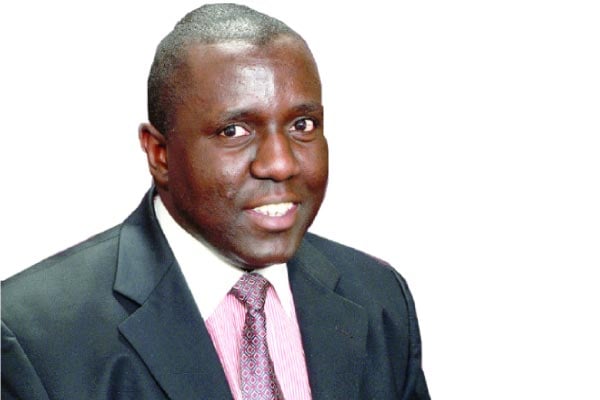
Gertrude K Othieno
In a thought-provoking video, activist Shahid Bolsen challenges the core of what many believe to be the world’s most established democracy, the United States. According to Bolsen, what Americans celebrate as a democratic system is, in reality, an oligarchy masked by the trappings of democracy. It’s a bold claim, but one that resonates in an era where trust in political institutions is waning.
Bolsen’s argument is not just a critique; it’s a dissection of the mechanisms through which corporate power and economic imperialism have seized control of what should be a government “by the people, for the people”. Instead of being a true democracy, the US system operates as a stage play where elections and policy-making are merely performances, and the script is written by powerful private interests.
Consider the nature of electoral campaigns in the United States, and how they are dominated by enormous sums of money, primarily from wealthy donors and corporate entities. Bolsen argues that this financial grip on the political process ensures that those who are elected owe their allegiance not to the voters but to their financial backers. This creates a vicious cycle where the elected officials, in turn, craft policies that favour the rich and powerful, further entrenching the oligarchic structure.
Bolsen’s critique isn’t just an American issue; it has global implications, particularly for Africa. In a recent article, ‘The global crisis of democracy: Time for Africa to chart its own course’, I argue that African nations must abandon the illusion that Western-style democracy is a one-size-fits-all solution. The ongoing crisis within Western democracies, as highlighted by Bolsen and others, should serve as a wake-up call. It’s time for Africa to stop imitating a flawed model and instead create its own paradigms of governance, ones that reflect our unique histories, cultures, and needs.
This idea is not as radical as it might seem. Even within the West, there is a growing recognition that the current system is failing. Lord Mervyn King, a prominent British economist, has expressed grave concerns about the future of “Western democracy”. King’s warnings echo Bolsen’s message: that the democratic process has been subverted by the very forces it was supposed to control. When voices from such different backgrounds, from the perceived radicalism of Bolsen to the elite corridors of King, begin to harmonise on this issue, it’s clear that we are facing a profound global challenge.
Yet, despite these warnings, many in Africa, educated and uneducated alike, cling to the belief that Western governance is the gold standard. This mindset is not only outdated but dangerous. It blinds us to the possibilities of creating systems that are more relevant and responsive to our own contexts.
Bolsen’s video, therefore, is more than just a critique; it’s a call to action. It urges us to redirect our activism towards the true sources of power, those who control the economic levers of our societies. For Africa, it’s a reminder that we must break free from the colonial legacy of governance and forge a new path that is truly our own.
In conclusion, the illusion of American democracy is not just an American problem; it’s a global one. The time has come for Africa to wake up, to see through the charade, and to chart its course. If we continue to cling to the Western model, we risk perpetuating the very systems of oppression and control that have held us back for so long. The future of democracy, real democracy, depends on our ability to think critically, act boldly, and create something new.
Gertrude Othieno is a development and political sociologist and an alumna of London School of Economics/Political Science.







